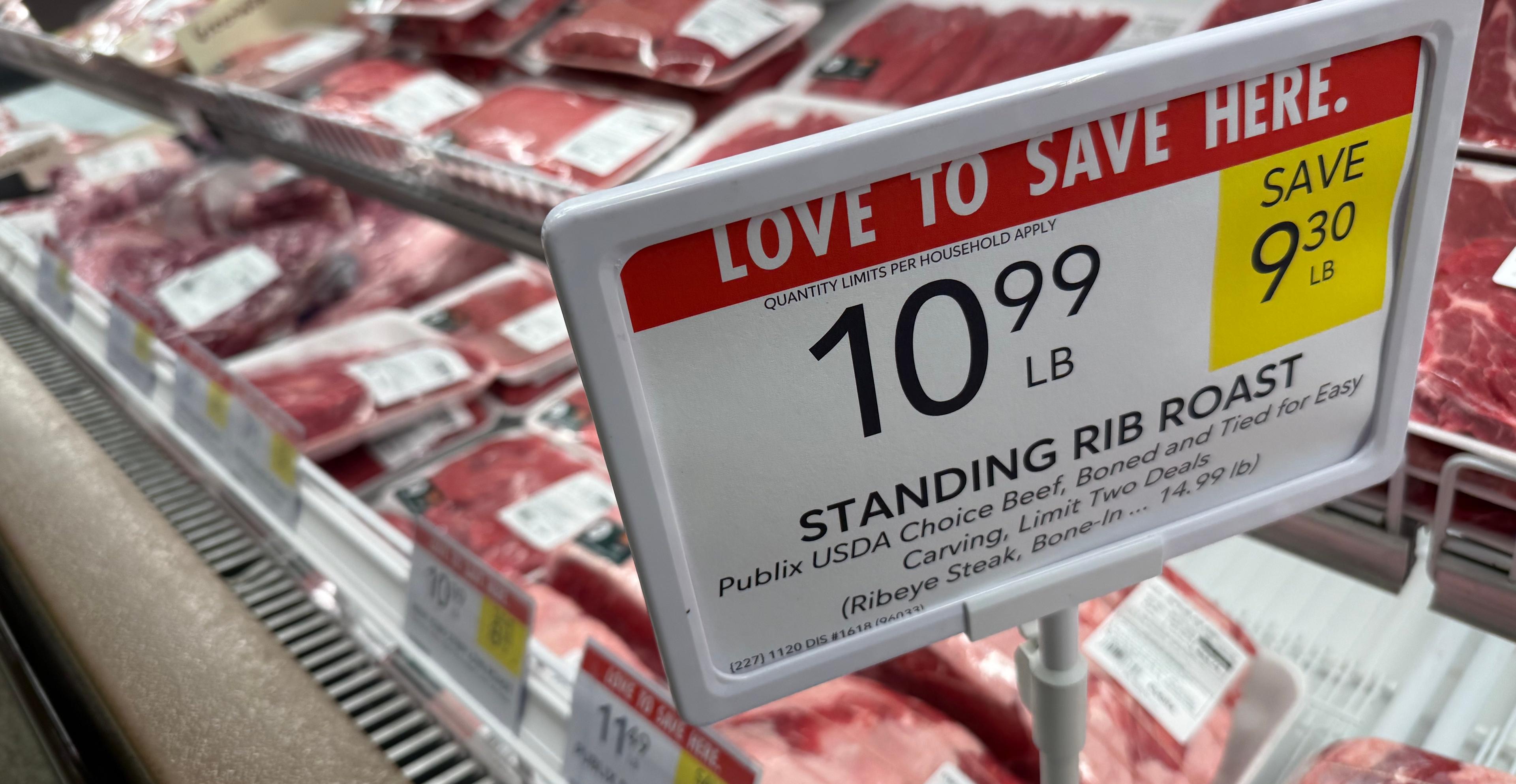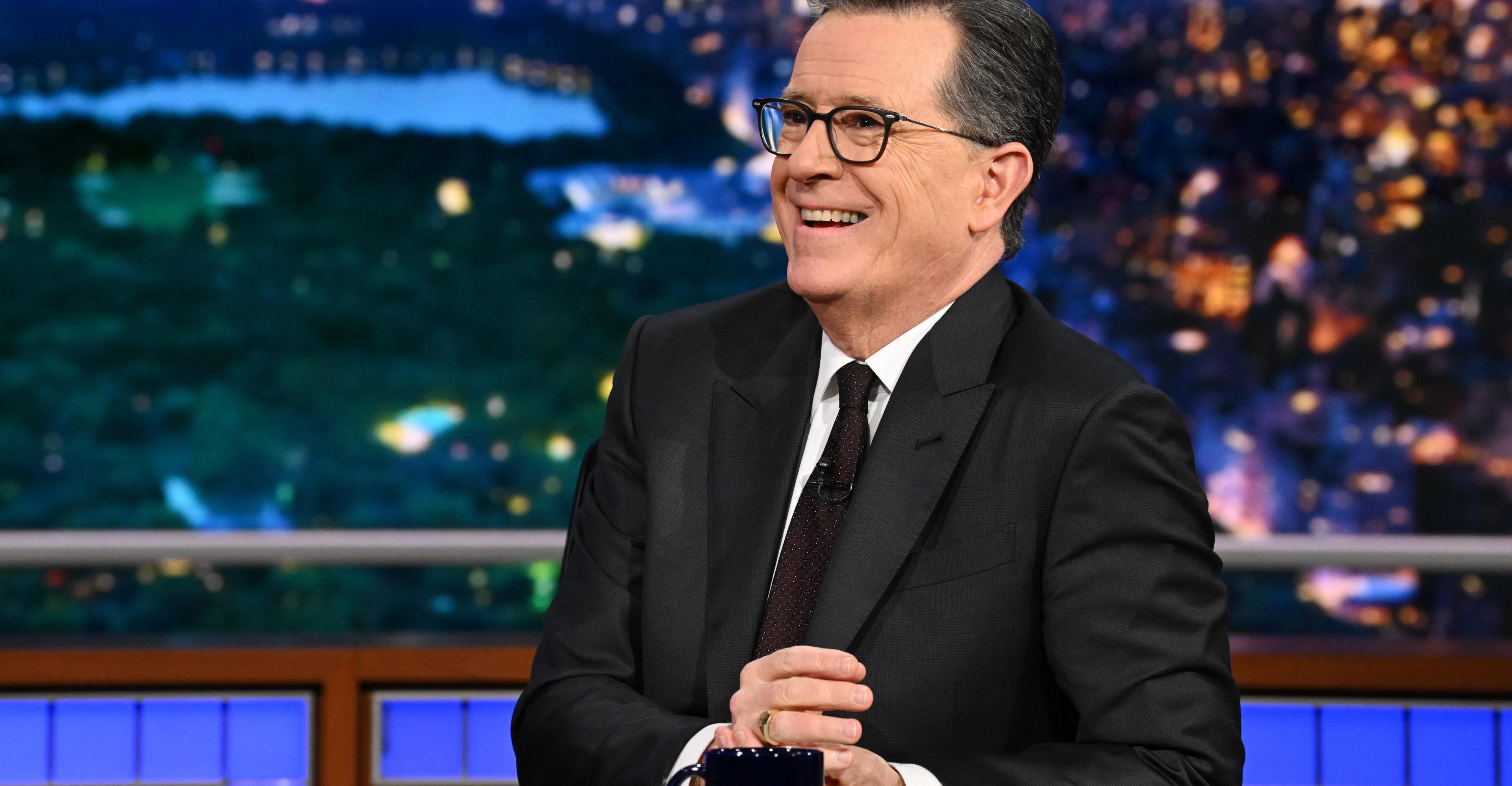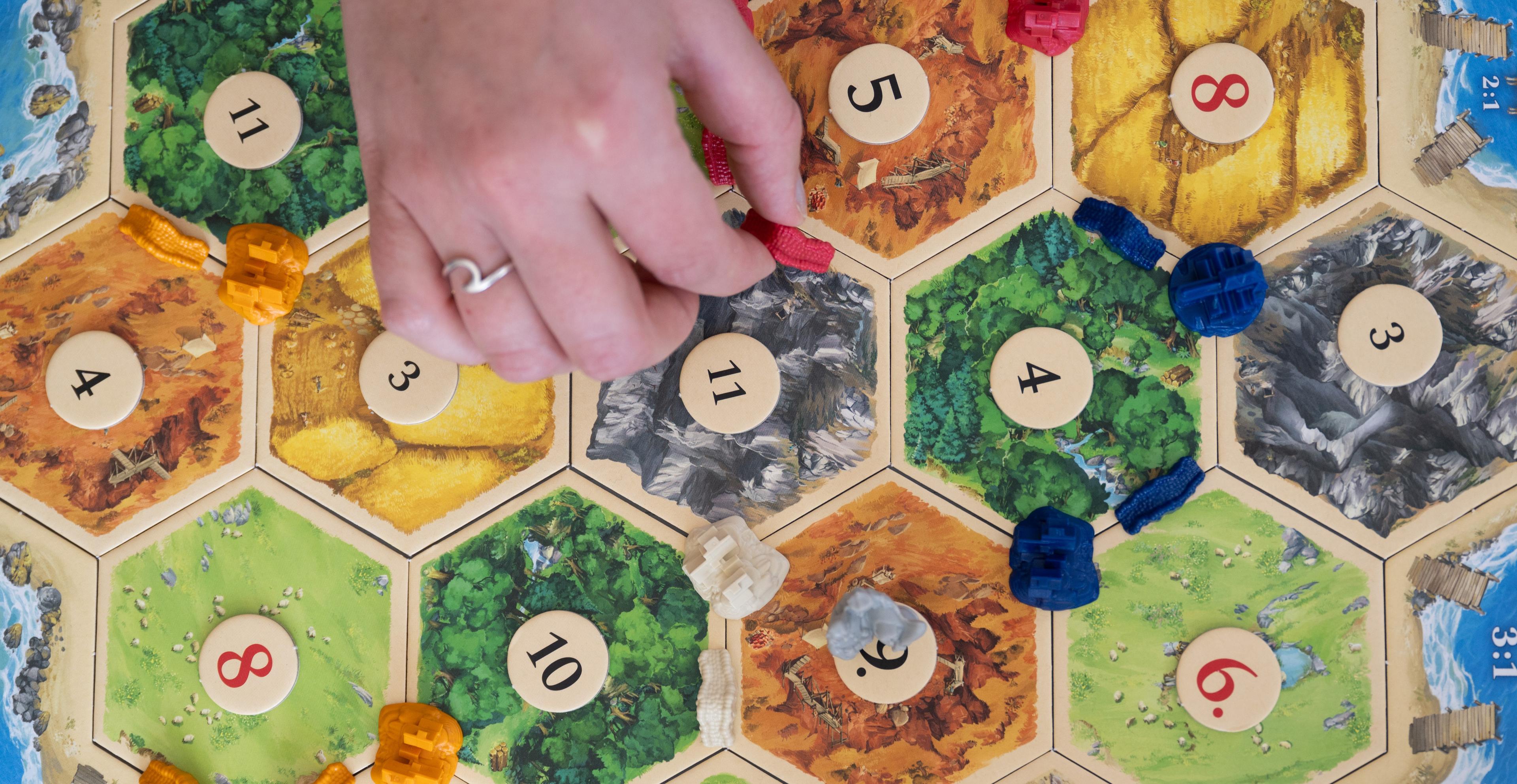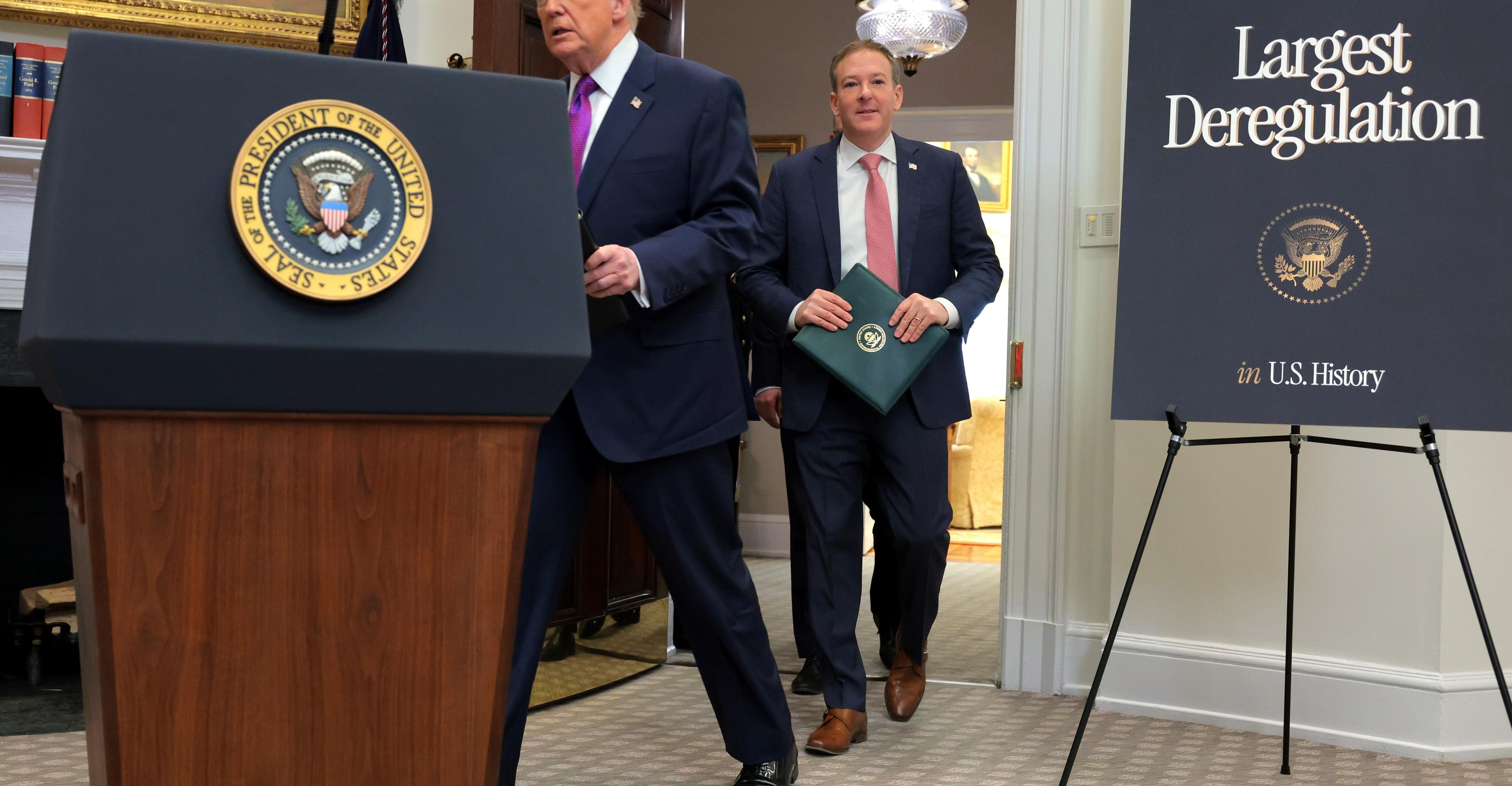A pandemic response that amounts to hoping and praying isn’t nearly enough.


The so-called “bird flu” H5N1 virus only rarely infects humans. Over the course of several decades during which it has circulated and resulted in the deaths of tens of millions of birds, about 880 cases in humans have been reported, generally in humans who work very closely with livestock.
But when it does make the leap to human hosts, H5N1 is often lethal — out of 26 cases reported since 2022, seven people died. That’s why it’s troubling that H5N1 has been recently discovered to have quietly spread across the country’s dairy farms, with testing finding genetic material of the virus present in 1 in 5 milk samples across the country. (Pasteurization kills the virus, so milk remains safe to drink.)
That prevalence suggests that H5N1 is now spreading in mammals — and since cows on dairy farms are in frequent contact with farm workers, it seems likely the virus will have many chances to evolve to spread more easily among humans. If it does that, we may have another pandemic on our hands.
None of that is great news, but the thing that has struck me most about the bird flu outbreak is that among the general public, it’s been greeted with a weariness that borders on indifference. The dominant attitude I’ve encountered when I ask people their concerns about bird flu amounts to “Well, I hope that doesn’t happen; I don’t have it in me to go through a pandemic again.”
The Covid-19 pandemic was awful for people — not just for the millions who died and the many more who it hospitalized and lastingly affected, but also for the billions whose daily life it damaged, from lockdowns and school closures to dramatic new restrictions on movement and travel. You might expect that precisely because Covid-19 was so awful, the general public would be raring to make sure it can never happen again, by insisting our leaders do whatever it takes to be prepared for the next pandemic.
But that doesn’t seem to have happened. Instead, with trust in our public health institutions badly damaged and many people suffering from pandemic fatigue, we now lack the attention span for the kind of serious policy response that could feasibly prevent the next pandemic.
Repeated efforts to get a serious pandemic prevention program through Congress have fizzled. Despite the desperation of Americans to not go through this again — or possibly because of the desperation of Americans to not go through this again — we’ve basically decided to handle pandemic preparedness by hoping really sincerely it doesn’t happen again.
But it will. If not with this virus, another one.
Crossing our fingers isn’t a policy response
H5N1 has never, as far as we know, had sustained human-to-human transmission. It may never mutate to be capable of that — many viruses don’t.
The CDC says “the current public health risk is low,” and while that gives me flashbacks to Covid, it’s accurate at this moment; unless you spend a lot of time with cows or poultry, or drink raw milk, you’re unlikely to be exposed unless the virus evolves new capabilities. H5N1 has been dancing along the line of human spillover for more than 25 years without making the full leap. Hoping really hard that it goes away might work out fine.
But if we are truly desperate to prevent the next pandemic — if we feel very viscerally that we can’t do this again, that our normalcy and our unmasked gatherings are among the most precious things we have these days — then that’s reason to prioritize preparedness more highly, not less so.
We need an actual, serious policy response aimed at looking closely at the possible origins of pandemics, at how to reduce human-wildlife interfaces. We should be closely monitoring research with pandemic potential, and work to improve our infrastructure for spotting pandemics early, developing vaccines and countermeasures.
If we want to stop pandemics, then stop pandemics
It’s very understandable that the general public doesn’t want to have to become an expert in the different varieties of pandemic-potential virus out there. They don’t want to check the CDC website for case numbers, don’t want to see another round of school closures, don’t want to let pandemics consume their life again.
But if there’s limited public pressure to prevent the next pandemic — the issue doesn’t rank among the most important ones for the 2024 elections — policymakers will evidently just not do it. So I think we have to, somehow, process the wreckage wrought by Covid, and turn our sense that we can’t live through this again into a determination to do better so we never have to.
Pandemics aren’t like earthquakes. They happen for predictable reasons, and we know how to stop them. It would be an enormous tragedy if we fail to get that work done because Covid-19 was so painful and so exhausting that we can’t even think clearly about the possibility it might happen again.
A version of this story originally appeared in the Future Perfect newsletter. Sign up here!

Why voters hate Trump’s (pretty decent) economy
- 7 hours ago

The Trump threat looming over late-night TV, briefly explained
- 7 hours ago

ANF holds annual drug destruction ceremony in Sheikhupura
- 16 minutes ago

Valve’s Steam Deck OLED will be ‘intermittently’ out of stock because of the RAM crisis
- 9 hours ago

A powerful tool of resistance is already in your hands
- 9 hours ago

iBuyPower’s gaming desktops are discounted for Presidents Day
- 9 hours ago

ANF burns 18 tonnes narcotics, 169,000 litres liquor during annual drug burning exercise in Sheikhupura
- 43 minutes ago

Apple’s Podcasts app will let you ‘seamlessly’ switch between audio and video shows
- 9 hours ago

Is America turning on birth control?
- a day ago

The real reasons people love playing games
- 7 hours ago
Pakistan, Qatar reaffirm resolve to strengthen fraternal ties
- 21 hours ago

In the fight against climate change, Trump sides with climate change
- 7 hours ago







